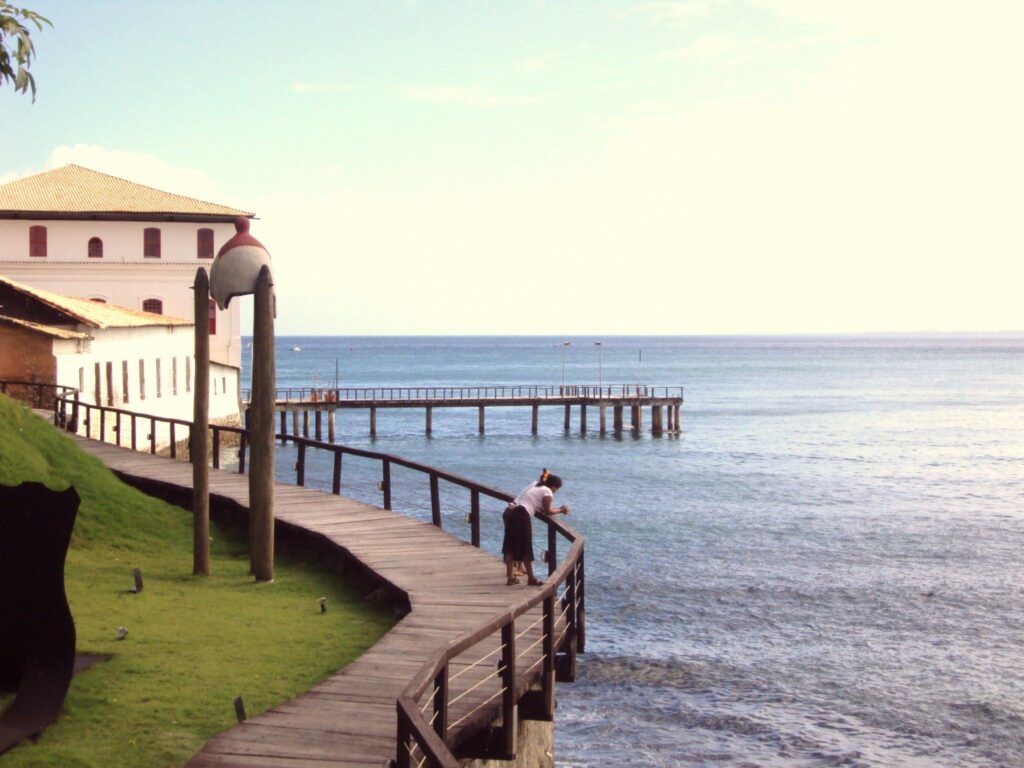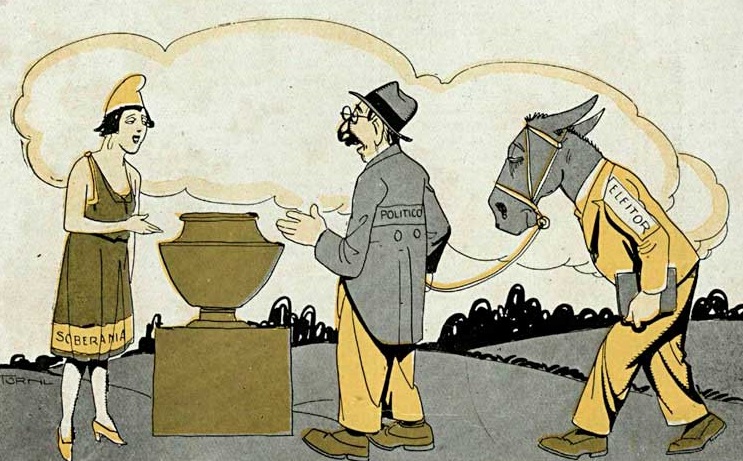Bahia, known as the land of happiness, is a charming state, known for its natural beauties, rich culture and welcoming people. Here, the European was given the first place to set foot.
Many individuals dream of living in Bahia, either in the capital, Salvador, which is the city that was the first capital of the country, or in the interior with less pollution. However, are there only advantages to living in Bahia? Or does it share disadvantages like every Brazilian state?
What are the challenges and difficulties that Bahia residents face on a daily basis? In this article, we will present some of the main disadvantages of living in Bahia, so that you can assess whether or not it is worth moving to this wonderful state.
Effects of Sea Air
When we think of living in Bahia, we immediately think of coastal cities such as Salvador and Porto Seguro. However, one of the inconveniences of residing on the coast of Bahia is the salt air, which consists of salty mist from the sea and which spreads through the air.
The sea air can cause damage to metallic objects, such as appliances, furniture, cars and even building structures. It accelerates the oxidation process of metals, reducing their durability and causing rust, corrosion and stains.
To avoid these problems, it is necessary to take special care with the cleaning and maintenance of metallic objects, which can lead to additional expenses and work.
Hot and humid climate
Another disadvantage is that Bahia has a hot and humid climate that prevails in most of the state. The average annual temperature in Bahia is approximately 25º C, and can exceed 30º C during the hottest months.
In addition, the relative humidity of the air is usually high, which can lead to thermal discomfort, excessive sweating and a feeling of stuffiness. The hot and humid climate also favors the emergence of respiratory diseases, allergies, fungi and bacteria.
To ease the heat, it is necessary to invest in fans, air conditioning and light clothing, which can result in increased consumption of electricity and water.
Despite this, the presence of sunlight increases vitamin D, which can lead to improved health. In addition, for many people being close to the sea can improve the feeling of well-being and experience less nasal congestion, for example.
Social inequality
One of the most serious disadvantages of living in Bahia is the social inequality that affects a large part of the population. Bahia is one of the poorest states in Brazil, with a Human Development Index (HDI) of 0.714, lower than the national average of 0.765. Per capita income in Bahia is R$ 893.00, while the national average is R$ 1,373.00.
In addition, Bahia has one of the highest illiteracy rates in the country, with 12.7% of the population aged over 15 unable to read or write. Social inequality generates problems such as violence, crime, lack of infrastructure, precarious basic sanitation, deficient public health services and low quality of education.
Thus, cities can demonstrate these problems. However, if you are an extremely skilled workforce, you may find less competition in the job market.
Conclusion
Living in Bahia can be an incredible experience for those seeking contact with nature, a diverse culture and a tropical climate. However, it is important to be aware of the disadvantages that this state also has, such as the effects of the sea air, the hot and humid climate and social inequality. These factors can compromise the quality of life of Bahia residents and require adaptation and planning.
Therefore, before deciding to move to Bahia, it is essential to research the characteristics of the different regions of the state and choose the one that best meets your expectations and needs.




